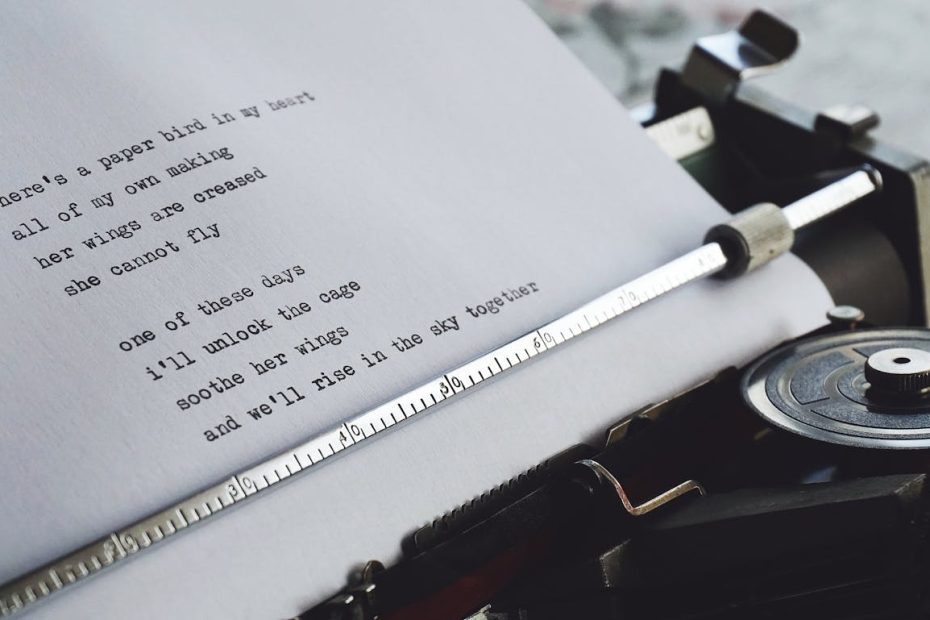Publishing is an act of making information such as literature or music available to the public. It is the distribution of printed works (books, newspapers and magazines).
Electronic Publishing – The advent of new digital technologies brought about electronic publishing, consisting of eBooks, blogs and websites found on the internet.
Traditional Publishing – This is the original publishing where a publishing company accepts manuscripts and undertakes the publishing and distribution costs on behalf of the author. The publisher buys the rights to distribute the book while the author remains with the copyright.
Self-Publishing – This is the other option available to authors. Writers use an independent printing press to make copies of the manuscript but remain in charge of other costs such as editing, distribution, marketing and other costs. The author here retains control and sole ownership of the work
Publisher – An organization or an individual who controls a publishing company.
Book Contract – A legally binding document between an author and a publisher which stipulates the terms and conditions including assignment of rights, money earned and the obligations of both the writer and the publisher.
Peer Review – An external review of a submitted manuscript that checks the draft for consistency, flow and other necessary additions that the book might need.
Literary Agent – This is an agent who represents the author to the publisher and film and theatrical producers. The agent helps the author to land book deals and assist with negotiations on the sale of the author’s work.
eBook – This is a digital copy of a book that is made available through different digital platforms.
Manuscript – This is the original complete work that is typed out and presented to the publisher. Self-publishing authors need to provided an edited manuscript while traditional publishing houses usually have copy editors to go through the manuscript and correct any grammatical, syntax or style errors
Copy Editing – Self-publishing authors hire editors to go through the completed manuscript to correct grammar, spelling or syntax errors. Copy editing in traditional publishing is usually taken up by the publisher who may use in house editors or outsource the service
Royalties – This is the agreed amount that the author gets from the sale of the book. Most publishers usually offer around 10% of the total books sales to the writer. Self-publishing authors however get almost all the money that comes from the sale of their books as they are solely in charge of distribution and marketing costs.
Advance – When a publisher accepts an author’s proposal to publish their work, the author is given a one-time sum of money called an advance.
